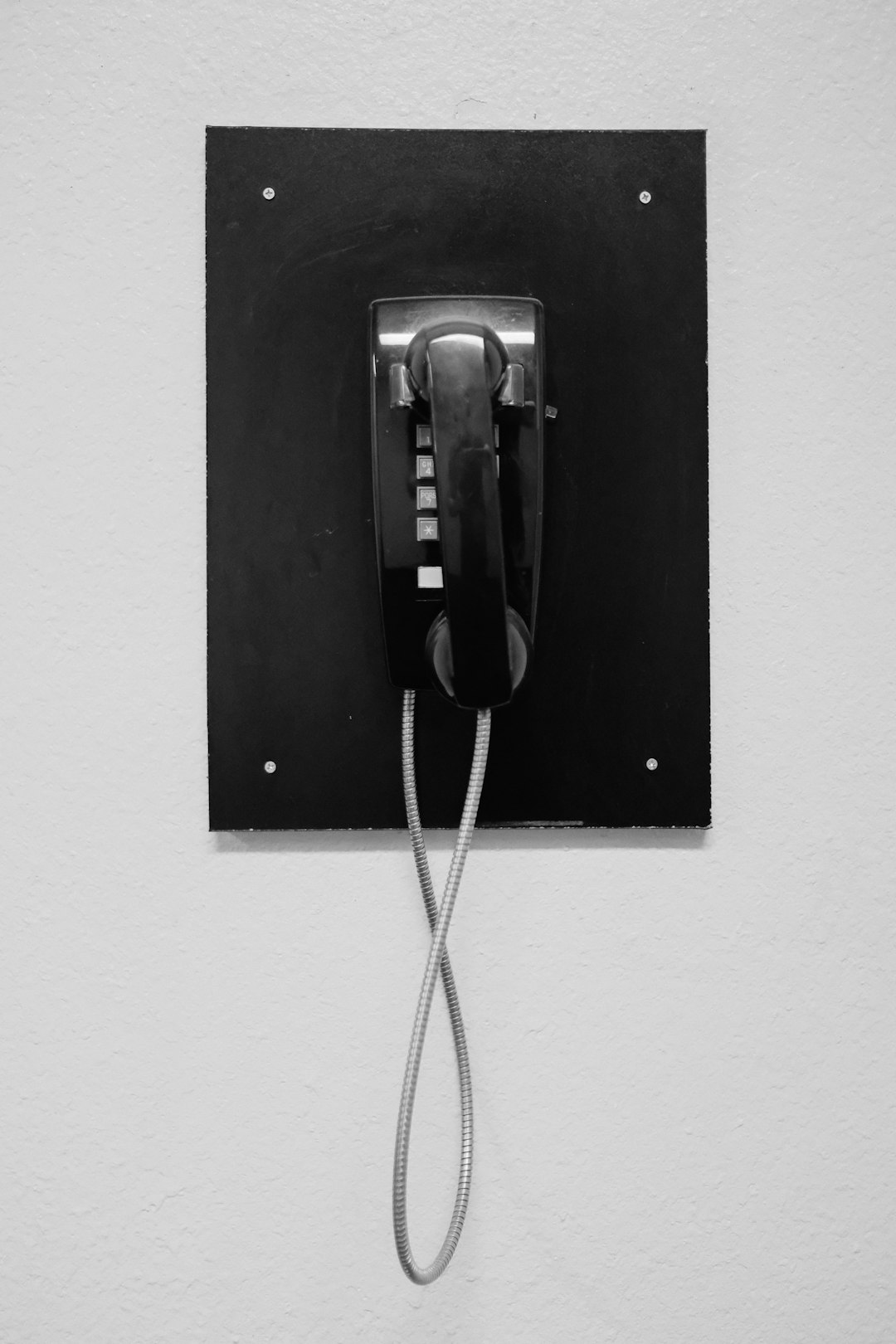Oklahoma's Do Not Call regulations protect residents from intrusive telemarketing by restricting business calls to registered numbers, with penalties for violators and a way for residents to file complaints. A Do Not Call Attorney Oklahoma is recommended for tailored assistance navigating these rules, ensuring peace of mind at home, and preserving the balance between marketing and consumer privacy. Businesses must obtain explicit consent before calling numbers on the list. Certain entities are exempt, including businesses with existing relationships, non-commercial organizations, and legal professionals reaching out to clients. Residents facing persistent calls have legal recourse through a Do Not Call Attorney Oklahoma.
In Oklahoma, understanding the state’s Do Not Call regulations is crucial for both residents and businesses. This article delves into the intricacies of these laws, focusing on how they protect Pawnee citizens from unwanted telemarketing calls. We explore who is covered, what rights and responsibilities come with registering on the Do Not Call list, common exclusions, and when a Pawnee citizen can anticipate contact. Additionally, we guide readers on seeking legal advice from a qualified Do Not Call Attorney Oklahoma to navigate these regulations effectively.
What are Oklahoma's Do Not Call Regulations?

In the state of Oklahoma, Do Not Call regulations are designed to protect citizens from unwanted telemarketing calls. These laws restrict businesses and organizations from making phone calls to individuals who have registered their numbers on the state’s Do Not Call list. The list allows residents to opt-out of receiving marketing or sales calls, ensuring a quieter and more peaceful home environment.
Oklahoma’s Do Not Call Regulations are enforced by the Oklahoma Attorney General’s Office, which works to prevent fraudulent or abusive telemarketing practices. If a resident feels their rights have been violated, they can file a complaint with the Attorney General’s office, and potential penalties for non-compliance include fines and legal action against offending businesses, ensuring that Do Not Call laws are taken seriously. For those needing assistance navigating these regulations, consulting with a Do Not Call Attorney Oklahoma can provide guidance on protecting one’s rights and managing unwanted calls effectively.
Who is Protected by These Laws?

In Oklahoma, the Do Not Call regulations are designed to protect citizens from unwanted telemarketing calls. These laws are particularly relevant for Pawnee Citizens, given the state’s significant telephone usage. The protections extend to all residents of Oklahoma who have registered their phone numbers on the Do Not Call list. This list is a powerful tool that allows individuals to curb unsolicited calls, ensuring they can enjoy peace and quiet in their homes.
Any Do Not Call Attorney Oklahoma would agree that these regulations are vital in maintaining a harmonious balance between businesses’ marketing efforts and citizens’ privacy rights. The laws not only safeguard against persistent telemarketers but also educate businesses on the importance of respecting consumer choices regarding communication preferences.
Enforcing the Do Not Call List: Rights and Responsibilities

In Oklahoma, the implementation and enforcement of the Do Not Call list are governed by specific laws designed to protect citizens from unwanted phone calls. This list is a powerful tool for residents who wish to curb persistent telemarketing or sales calls. However, understanding one’s rights and responsibilities is crucial when it comes to navigating these regulations. A Do Not Call Attorney in Oklahoma can play a vital role here, ensuring that citizens’ wishes are respected while also informing them about the legal implications of misusing the list.
When a Pawnee citizen registers their number on the state’s Do Not Call list, they gain the right to expect reduced unwanted calls. But it’s not just about making the list; businesses and telemarketers have responsibilities too. They must obtain explicit consent before calling numbers on the list, or face potential legal repercussions. This balance ensures that residents can enjoy their privacy while companies still have avenues to connect with prospective customers.
Exclusions and Exceptions: When Can a Pawnee Citizen Be Contacted?

In Oklahoma, the Do Not Call regulations aim to protect residents from unwanted telemarketing calls, but there are certain exceptions and exclusions that Pawnee citizens should be aware of. These rules do not apply to calls made by individuals or companies with whom the recipient has an existing business relationship, such as financial institutions, credit card companies, insurance providers, or health care professionals. This means that even if you’ve registered on the Do Not Call list, a Pawnee citizen may still receive calls from these organizations regarding their services or accounts.
Additionally, non-commercial and charitable organizations are exempt from the restrictions. So, while you might not want to be contacted by sales representatives, you can expect calls from local charities or community groups raising funds for worthwhile causes. Furthermore, legal professionals, including Do Not Call Attorney Oklahoma, are allowed to reach out to clients with whom they have an ongoing matter or who have previously sought their services.
Seeking Legal Advice: Your Options If You're a Do Not Call Attorney Oklahoma

If you’re a resident of Oklahoma and are experiencing unwanted phone calls from telemarketers or others attempting to sell products or services, you have rights under the state’s Do Not Call laws. One crucial step is to consult with a Do Not Call Attorney Oklahoma. These legal professionals can provide guidance on how to navigate the regulations effectively. They can help you understand your rights and the responsibilities of businesses regarding telemarketing practices.
A Do Not Call Attorney Oklahoma can assist in drafting and submitting the necessary paperwork to register your number on the state’s Do Not Call list, ensuring that your wishes are respected by callers. They can also take action against violators, seeking legal remedies like fines or other penalties to protect your privacy rights. This is particularly important, as breaking these laws can lead to significant consequences for businesses, providing a strong deterrent for unwanted calls.






